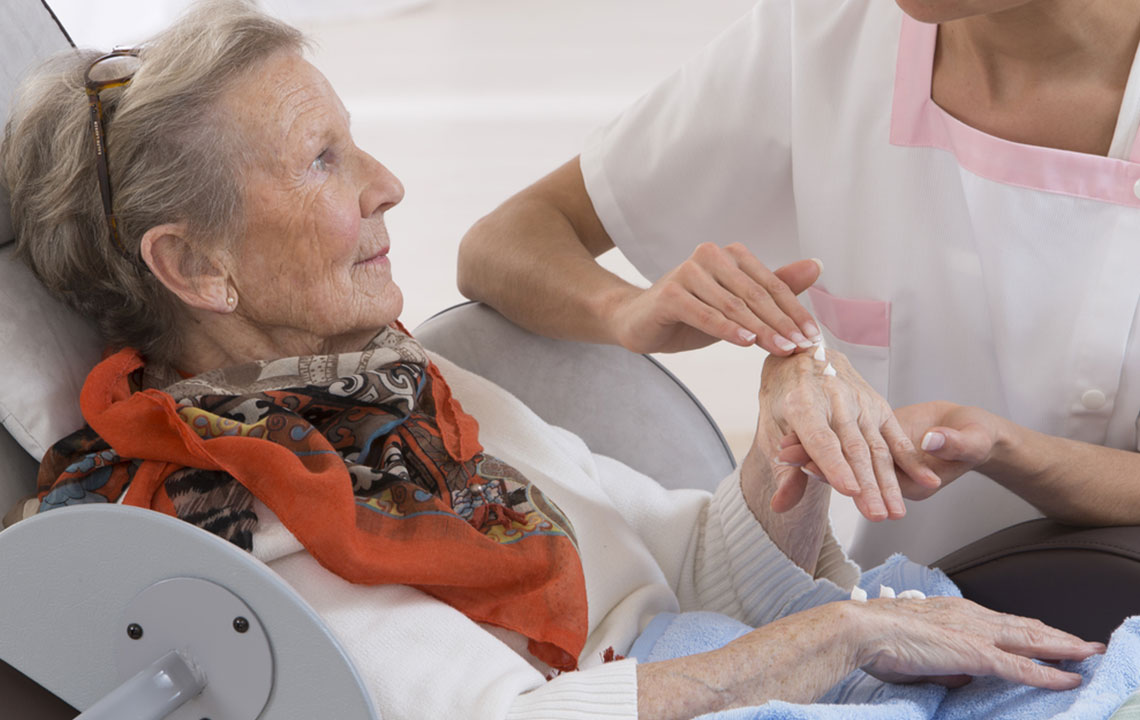Essential Strategies for Selecting Caregivers for SMA Patients
Discover essential tips for choosing caregivers for SMA patients, including financial considerations, family involvement, and professional assistance. Learn how to balance emotional support with specialized care to improve quality of life. This guide helps families navigate caregiver options effectively.

Essential Strategies for Selecting Caregivers for SMA Patients
Choosing the right caregiver for individuals with spinal muscular atrophy (SMA) involves careful consideration of whether to rely on family members or professional help. Living with a neuromuscular disorder poses daily challenges, and SMA patients require consistent support for various activities. Making this decision is crucial, and families should evaluate several factors. Here are key tips to guide the caregiver selection process for SMA patients.
Assess all available options
First, families should review their financial situation upon diagnosis. Medicaid often covers full in-home care for qualifying low-income families, while others might need to budget out-of-pocket. For middle-income households, it’s essential to compare caregiver costs against potential income loss if a parent reduces work hours or leaves employment. Geographic location also impacts available assistance; states like California and Tennessee offer subsidies for qualified caregivers.
After diagnosis, many families initially prefer family members as caregivers due to emotional bonds and familiarity. Parents and spouses often step into caregiving roles, enhancing their skills through support groups or training courses. However, caregiving for SMA often extends beyond basic tasks—nighttime repositioning, medication management, and equipment handling become daily demands. It's essential to understand that this role isn’t a typical 40-hour job and can be physically and emotionally taxing.
Engage professional caregivers
As the child's needs grow, families might find it necessary to seek external assistance. While family caregivers are devoted, professional caregivers bring specialized expertise and can handle complex medical and physical requirements. Transitioning to professional help can also reduce caregiver fatigue and improve quality of life for family members. Finding the right balance—combining familial support with professional services—often provides the most comprehensive care. This blended approach ensures SMA patients receive personalized attention for their medical needs while maintaining emotional bonds with loved ones.
Ultimately, selecting a caregiver involves assessing the patient’s stage of illness, physical needs, and family circumstances. Whether through family members, professionals, or a combination, the goal is to ensure consistent, compassionate, and efficient care tailored to each individual’s requirements.










